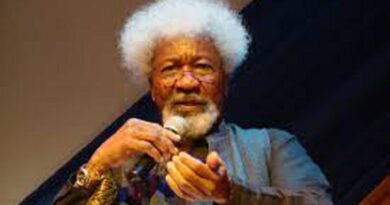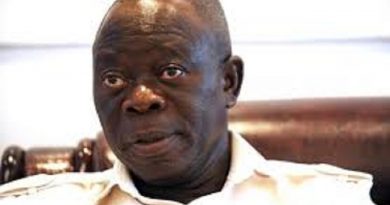A Post-COVID Economy Beyond 2020
The Ghanian President, Nana Akufo-Addo perfectly captured the rhetoric essential in the fight against the Coronavirus pandemic when he stated, “We know how to bring the economy back to life. What we do not know is how to bring people back to life.”
So how exactly will the economy look like after this difficult time? There’s never a predestined image of a post-crisis economy, only speculations, and eventually, celebrations of the most accurate economists.
Hyman Minsky’s financial instability hypothesis for instance. Minsky proposed theories on financial market fragility and predicted events that could become of them. But it was not until after his death that these events eventually occurred and his predictions came to fruition.
His theory, which received belated and revived attention during the 2007-08 financial crisis, argues that the accumulation of unfettered debt by the non-government sector is a key mechanism that could plunge the economy into a crisis. And further described how stability could be destabilizing, generating the term ‘Minsky Moment’ coined by later economists.
There is perhaps a lot of empirical data from noteworthy events that we can only presume, points us to an eventuation we may or may not like. Economists generally predict outcomes based on contemporary events, or in cases like Minsky’s, constructed scenarios.

Look back to post-9/11 and how it has continued to inconvenience us to this day, Arabs in particular, having been subjected to excessive and unnecessary scrutiny while traveling. Every Arab speaking bearded man was given a potential terrorist treatment. As was the case to some extent in Nigeria after Boko Haram, as regards to Northerners, or Africans during the Ebola pandemic.
This points to a potential world where the Chinese will be subjected to similar persecution under different circumstances as already evidenced in a few viral videos or perhaps remarkably Africans (Nigerians in particular) being the victims in China.
More scrutiny measures soon followed as countries began spying on citizens and other countries alike. This included monitoring of emails, phone calls, social media footprints, and even drawing feeds through device cameras to catch a glimpse of anything relating to terrorism. A post-COVID economy could also create an obsession for acquiring health-related information by governments, be it legal or illegal. With inferior sophistication and magnitude to that of post-9/11.
An inevitable effect should be the long-overdue increase in health sector expenditure, especially in countries with poor health facilities like Nigeria. It is however unfortunate as to the circumstances that may finally lead to this deferred action.
With increased investment in healthcare, we may be accustomed to constant health-related advertisements on social media or upon visiting every other site on the internet. And speaking of the internet, a spike in virtual learning and the utilization of online courses in a prolonged practice of social distancing.
The 2007-08 financial crisis also had lasting effects on world economies which could similarly manifest in a post-COVID economy. Perhaps the most evident would be the rise in global debt and a fall in interest rates. The IMF and World Bank will naturally serve as sanctuaries for countries. But having had a somewhat negative effect in their push for neoliberal and globalization policies, most notably in Africa and South America, countries could be wary of the effects of their association with these organizations. It does, however, seem like an ideal time to revise these policies.
In a bid to stimulate the economy by both governments and financial institutions, after what can only be hoped to be a short-lived loss of confidence in stock markets and a fall in asset prices, market distortions and higher transaction costs may emerge. Prompting endless assessments by neoclassical economists using Harberger triangles to point out caveats as to its exacerbation and effects on the real economy. And discourse either on social media or news outlets constantly uttering the words ‘quantitative easing’, ‘palliatives’ or ‘relief funds’ accompanied by pictures of and words spoken by finance heads.
After several observations, scrutiny, and warnings the economy will eventually recover. And at a pace determined by leadership, may even boom, which may or may not be a boon.
And while some of these effects may prove lasting, others will prove to merely manifest of our vivid memories which is where is left to be seen.
But for now, stay home and stay safe. Enjoy your day.





